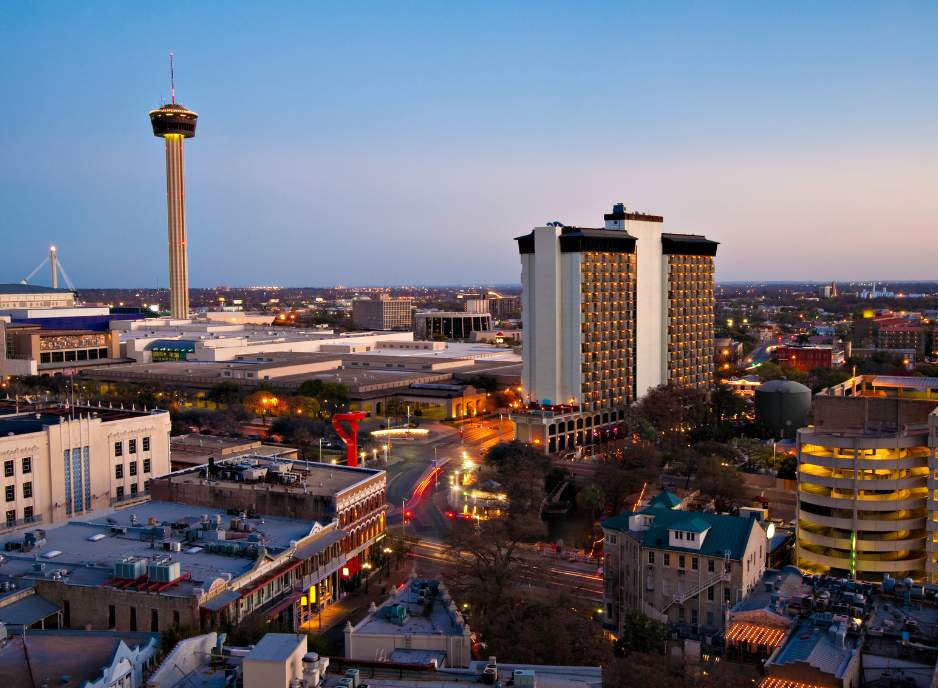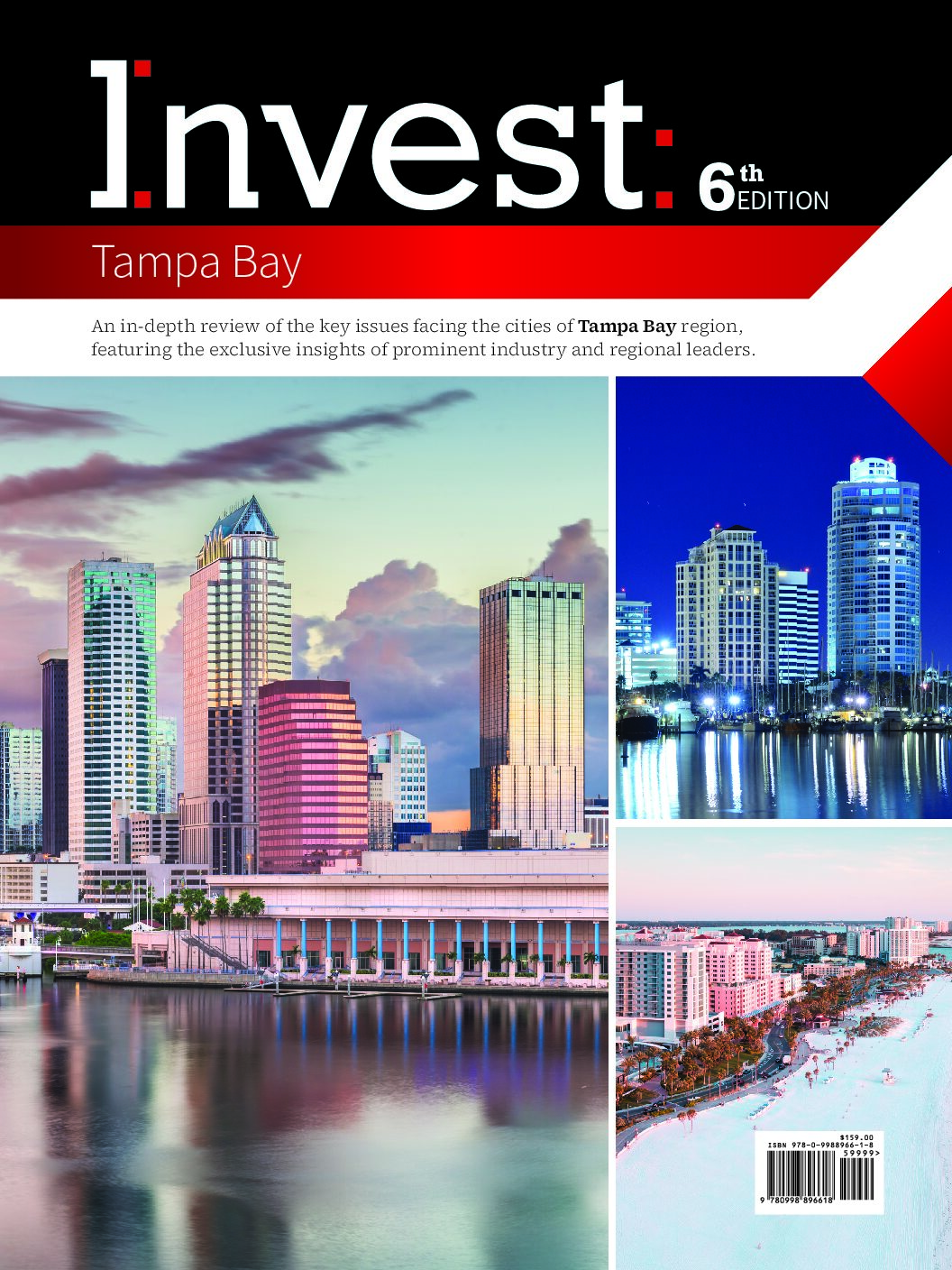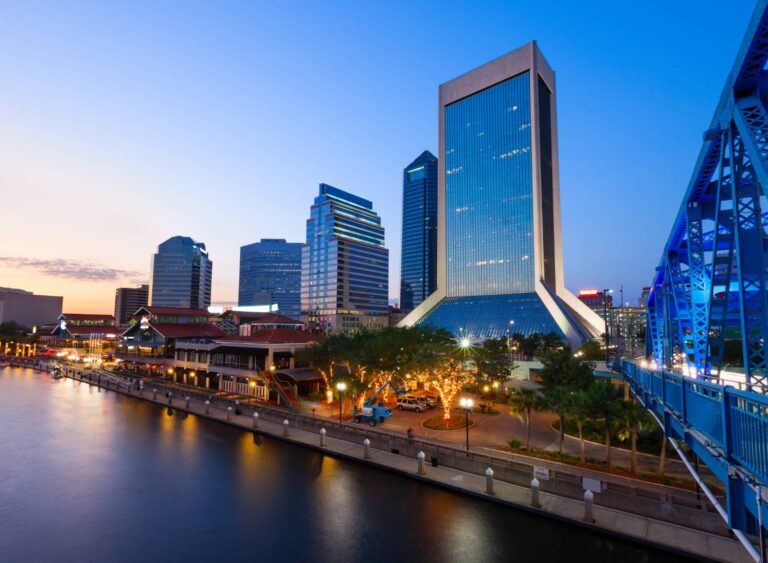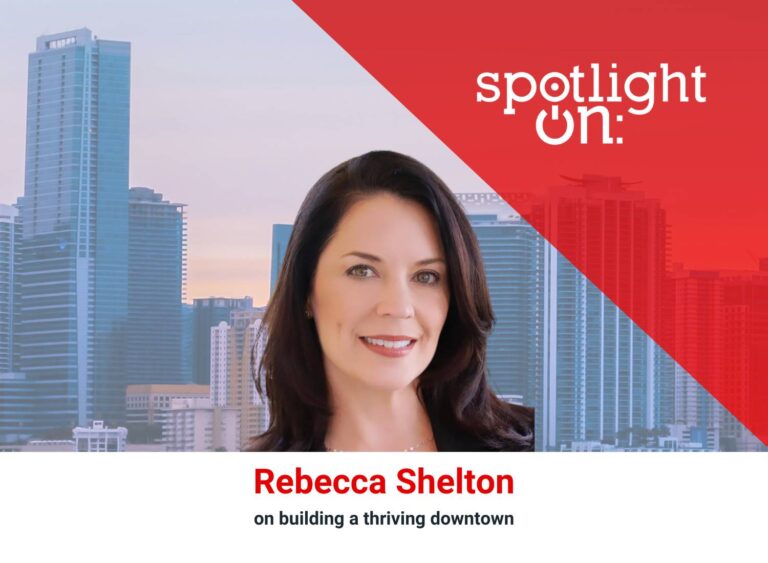Spotlight On: Mitch Colvin, Mayor, City of Fayetteville
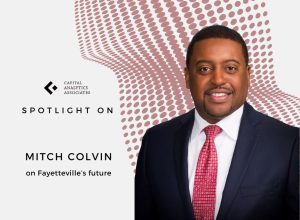 April 2024 — Invest: spoke with Mitch Colvin, mayor of the city of Fayetteville, to discuss what makes the city an attractive location for residents and businesses, with stable housing and an eye to the future. “Change is inevitable and has different impacts on a variety of people,” he said.
April 2024 — Invest: spoke with Mitch Colvin, mayor of the city of Fayetteville, to discuss what makes the city an attractive location for residents and businesses, with stable housing and an eye to the future. “Change is inevitable and has different impacts on a variety of people,” he said.
What is your takeaway from Fayetteville’s growth over the past few years?
Change is inevitable and impacts people in different ways. Some might view it as a threat while others see it as a great opportunity. We’re looking closely at infill development in a way that won’t gentrify communities while bringing more affordable housing. We’ve also prepared by getting ahead on housing availability as more people want to live closer to where they work, but also making housing as affordable as possible. We implemented a housing bond in 2022, which we want to build into inventory, and we are working closely with developers to do that. A generally stable housing market over the past few years that hasn’t gone too high or too low, has served Fayetteville well. As a result, Fayetteville remains one of the top affordable markets in the region.
How is Fayetteville working to keep top talent in the region?
We’re intentional about our workforce development, with a committee that has convened over the past year that includes area colleges and school systems, along with tech companies that will prepare more people for the jobs of the future. One item to note is we have a large military population and have a ready workforce that has a lot of different skill sets. The city received a $4 million grant from the federal government to support career transition for military veterans. We’ve also worked with partner businesses to create more paid internships. This is especially important for people of college age who value job experience but also need to be compensated. Since college isn’t for everybody, we want to build more pathways for certification and skills training in a lot of innovative fields. As a small business owner myself, I take the businessperson’s perspective when I’m thinking about policymaking. In that way, we can move the process along to benefit businesses as well as individuals.
How is the city emphasizing sustainability, especially with infrastructure?
When I became mayor, the city was severely behind in road quality and was named one of the least walkable cities in the state. We worked hard to get an infrastructure bond passed to invest $25 million in road upgrades and we have been aggressive in putting our resources there. That has helped bring our city up to a “B”. We’re unveiling a sidewalk and bike plan that will be more conducive to pedestrians and cyclists. Additionally, we have been awarded $15 million to continue our stormwater research and improvements throughout Fayetteville.
As we move to decarbonize North Carolina by 2050, we must invest in it. In that way, Fayetteville has been among the first to invest in these efforts and are looking at how to incorporate more electric vehicles in the city. We’ve convened a delegation of civic and business leaders to work with the Department of Energy on a sustainability plan, a big part of which was transportation. For the future, we must make public transportation a choice for residents and encourage more people to utilize it as opposed to automobiles.
How has civic engagement propelled Fayetteville’s growth?
It’s about partnerships, and any good partnership requires trust and communication. We try to be as transparent as we can and have been awarded the All-American City Award more than any city in the region. This is mainly thanks to our youth. They are very engaged. I started a millennial commission a few years ago focusing on residents under 40, a portion of the population we want to remain in the community. It also helps us groom the next generation of leaders here. Collaborating with local partners with a shared vision led to a successful outcome.
How is the city preserving its history?
History is important to a lot of people and our city has something unique for our communities that had previously been a challenge before. We’ve invested in a history center that concentrates on the period of the Civil War and Reconstruction. Fayetteville has had its share of good and bad times throughout history, so we want the history available for people to learn about it. We’re also working on a new Black History Museum. These things help communities grow and it encourages people to learn their civic history. Ultimately, we want to take an innovative approach that will include digital connectivity to schools across North Carolina.
For more information, visit:

